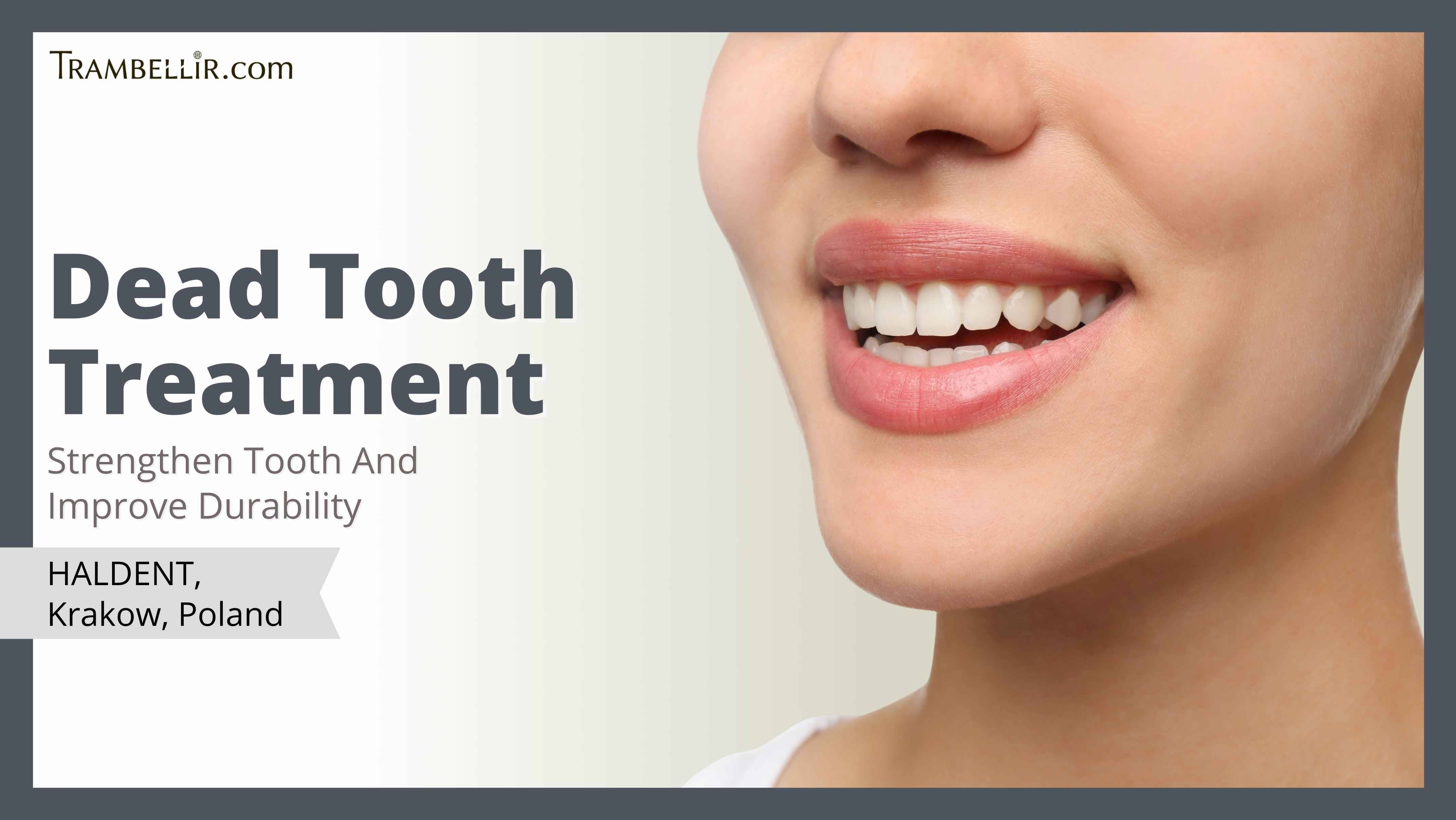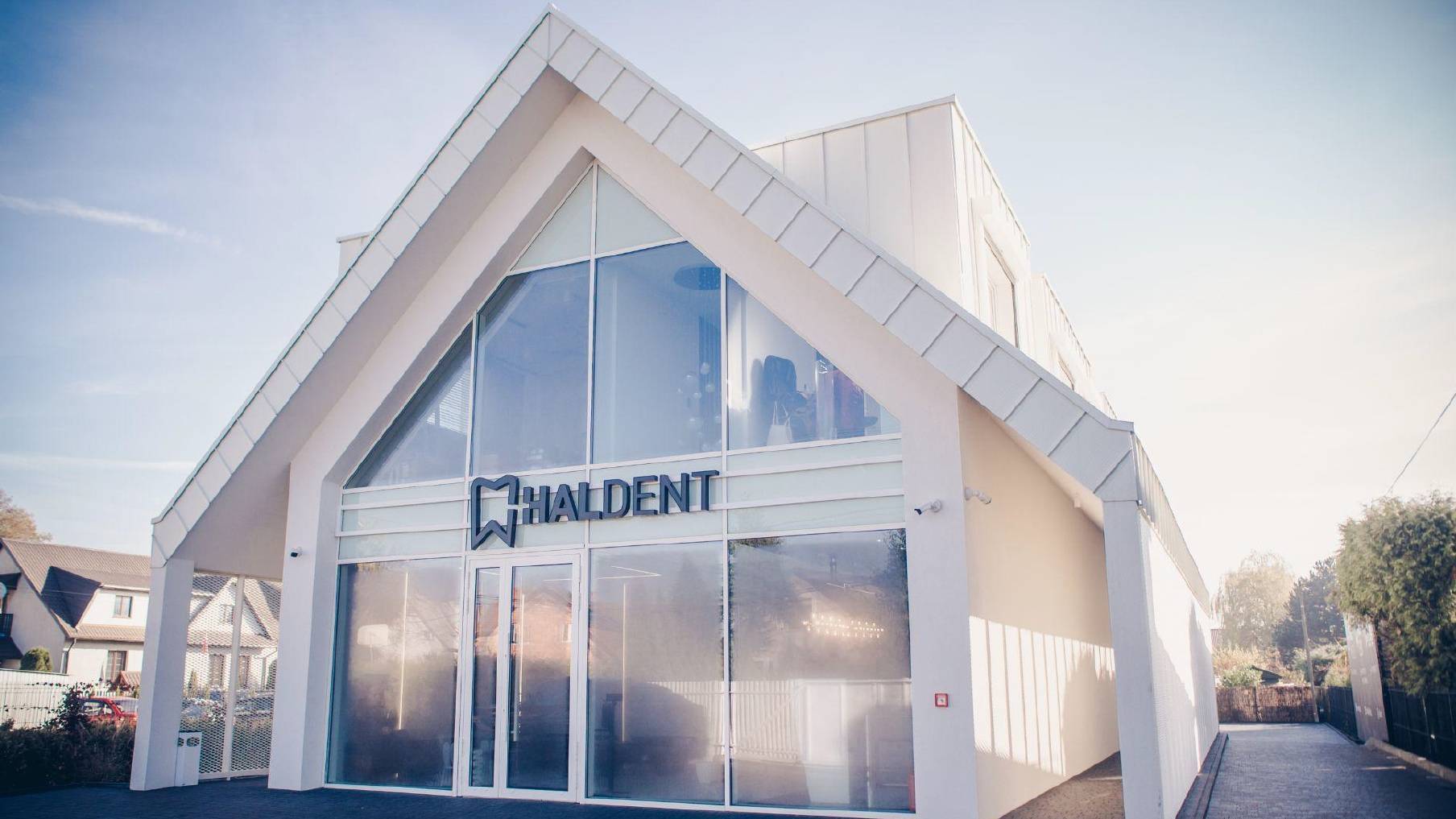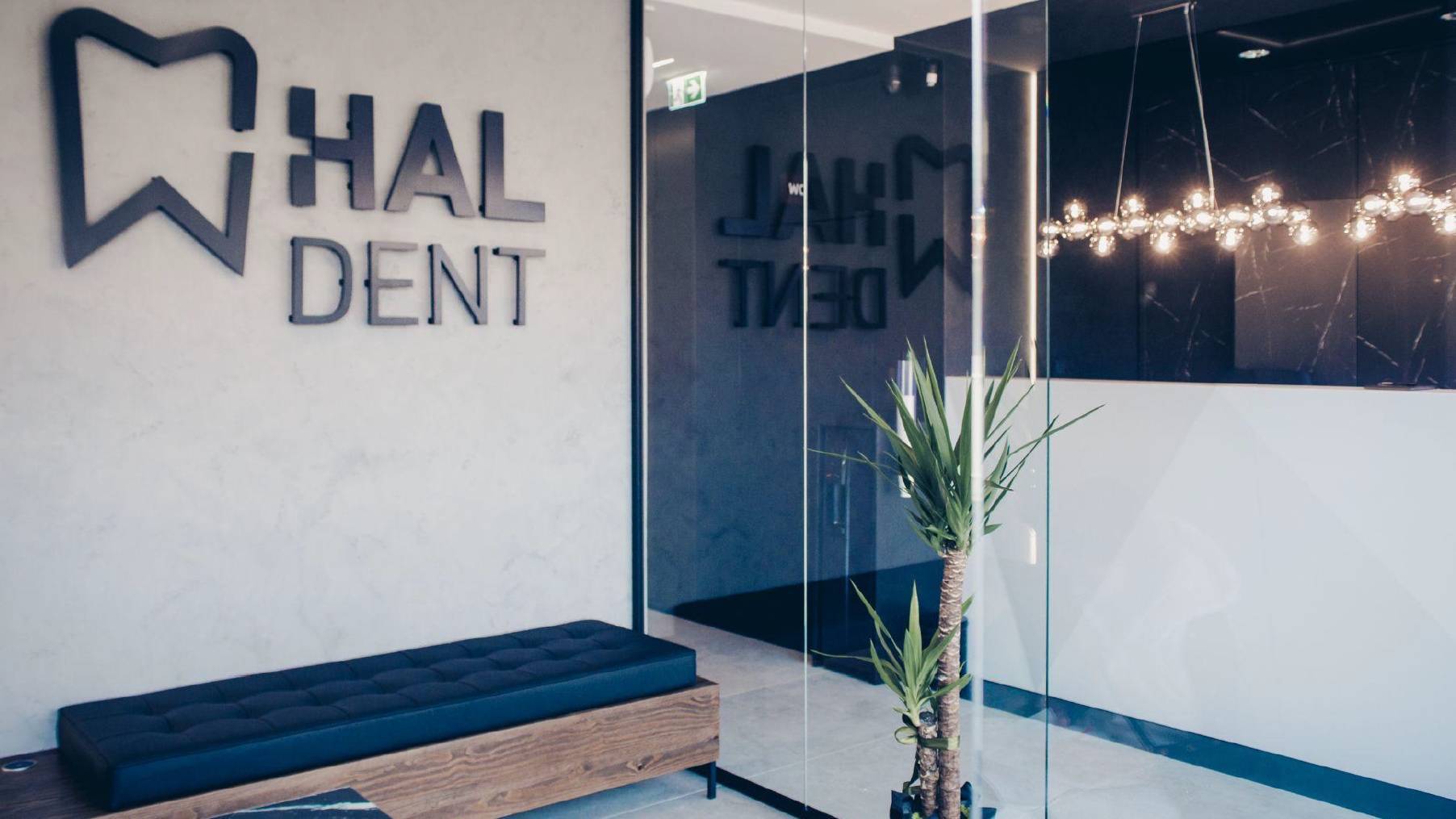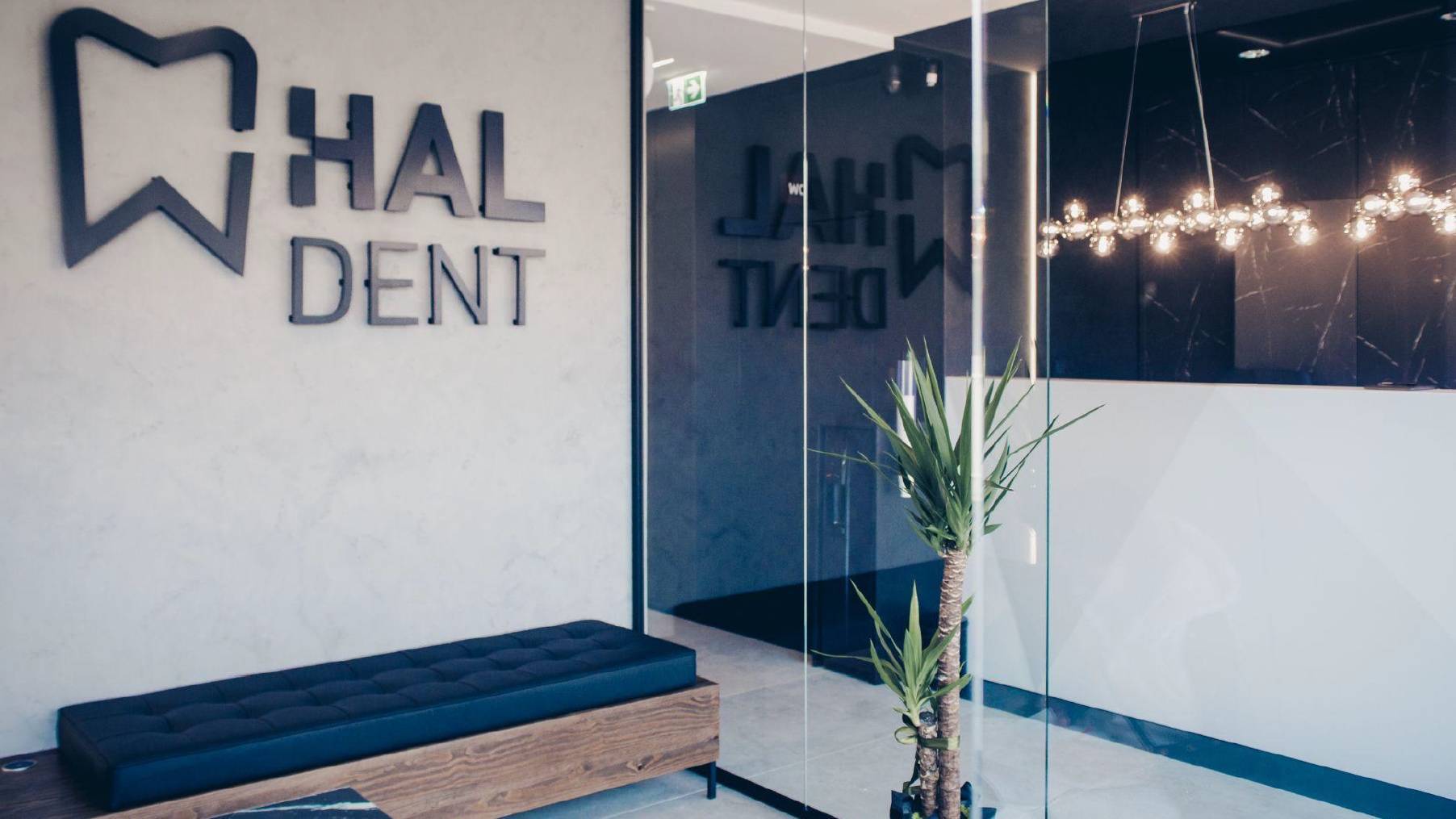It Is Suitable For
· Those in Krakow looking for a solution to treat dead teeth.
· Those with tooth discoloration, pain, or swelling around the gums.
· Those with sensitivity to hot or cold foods caused by pulp damage.
· Those who want to prevent further spread of infection to other teeth.
· Those who wish to restore their smile and chewing ability.
What Is Dead Tooth Treatment?
Dead Tooth Treatment is a dental technique designed to save a tooth that has lost its blood supply and become infected or damaged. When a tooth dies, the pulp inside, which contains nerves and blood vessels, can no longer support the tooth’s health. This can cause the tooth to become brittle, discolored, or prone to infection. If left untreated, the infection can spread to surrounding teeth, gums, and jawbone, leading to more serious dental problems over time.
Dead Tooth Treatment involves root canal therapy; a process performed by the dentist at our affiliated clinic to remove the dead or infected pulp and thoroughly clean the inner canals. After cleaning, the canals are filled with a biocompatible material to prevent further infection. Finally, a crown or filling is placed on the tooth to restore strength, function, and appearance. This approach preserves the natural tooth while preventing the spread of infection, allowing normal chewing and biting functions to continue.
This treatment is particularly important because it stops ongoing infection, protects the jawbone and surrounding teeth, and maintains oral health without the need for extraction or replacement options such as implants, bridges, or dentures. Root canal therapy ensures the tooth can remain in place for many years, supporting both dental function and overall health.
How It Works
Dead Tooth Treatment begins by a consultation conducted with the dentist at our affiliated clinic. During this appointment, X-rays are taken to evaluate the condition of the tooth and surrounding jawbone. Once the treatment plan is confirmed, local anesthesia is applied to ensure comfort throughout the treatment. The dentist carefully removes the dead or infected pulp from inside the tooth, cleans and shapes the root canals, and disinfects the area to eliminate bacteria. The canals are then filled with a biocompatible material to prevent further infection, and a temporary or permanent filling is placed to seal the tooth. In many cases, a dental crown is later applied to restore strength, function, and appearance.
The operation time for this treatment usually ranges from 60 to 90 minutes, depending on the complexity of the tooth and the number of canals involved. Benefits of Dead Tooth Treatment include relief from pain, preservation of the natural tooth, prevention of infection from spreading to other teeth or the jawbone, and restored chewing and biting ability. Downtime is minimal, with most patients able to resume normal activities immediately, although mild discomfort or sensitivity may be experienced for 3 to 5 days. Follow-up visits with the dentist at our affiliated clinic every 6 months is recommended to ensure proper healing and long-term success of the treated tooth.
Dead Tooth Treatment Procedure
1. Consultation will be conducted with the dentist.
2. Local anesthesia will be applied.
3. Dead or infected pulp will be removed.
4. Canals will be cleaned and shaped.
5. Canals will be filled with biocompatible material.
6. Tooth sealing will be applied.
7. Dental crown placement will be placed.
Advantages and Limitations of Dead Tooth Treatment
<Advantages>
· Restores chewing and biting function
· Enhances overall oral health
· Relieves tooth pain
· Strengthens tooth
· Maintains natural appearance and smile
<Limitations>
· Temporary mild discomfort or sensitivity may occur for 3 to 5 days after treatment
Dead Tooth Treatment Preparation
· Avoid very hard or sticky foods for 3 days before treatment
· Inform dentist about any allergies or medical conditions
· Maintain good oral hygiene at least 1 week before treatment
Dead Tooth Treatment Post Care
· Avoid chewing on the treated tooth for 3 to 5 days after treatment
· Maintain good oral hygiene by brushing and flossing daily
· Monitor for signs of infection, swelling, or persistent pain, and contact the dentist immediately if they occur.
FAQ
Q1: Can all dead teeth be treated with Dead Tooth Treatment?
A1: Most dead teeth can be saved with Dead Tooth Treatment. However, teeth that are severely damaged or infected beyond repair may require extraction and subsequent replacement with a dental implant, bridge, or denture.
Q2: Is there any downtime after Dead Tooth Treatment?
A2: Downtime after Dead Tooth Treatment is minimal. Most patients return to normal activities immediately, while some may experience mild sensitivity for 3 to 5 days.
Q3: How is oral health maintained after Dead Tooth Treatment?
A3: Oral health after Dead Tooth Treatment can be maintained with regular brushing, flossing, and dental check-ups every 6 months.
Q4: Can Dead Tooth Treatment improve overall dental health?
A4: Dead Tooth Treatment improves overall dental health by eliminating infection, preserving natural teeth, and preventing jawbone damage. Dead Tooth Treatment supports long-term oral function and reduces future dental problems.
Q5: How long does Dead Tooth Treatment procedure take?
A5: Dead Tooth Treatment procedure takes approximately 60 to 90 minutes.
Clinic Information
[Clinic Name] HALDENT
[Location] Krakow, Poland
[Nearest Station/ Nearest Tourist Destination] 15mins away from Balice Airport and short distance from most of the tourist attractions
[Clinic Opening Time] Monday to Friday (9:00AM - 8:00PM)
| Operation Time |
60 - 90 mins
|
| Recovery Time |
None
|
| Number of Postoperative Visit |
Not required
|
| Hospitalization |
Not required
|
| Limitations |
Temporary mild discomfort or sensitivity may occur for 3 to 5 days after treatment
|
| Cancellation Policy |
Cancellation is applicable at least 24 hrs in advance |
| Location |
Rodziny Poganów 106c, 32-080 Zabierzów, Poland |
Terms of Service
Trambellir is a health tourism platform and does not in any way provide, promote, or sell any
medication or medical treatment to the Customers.
Customers are advised to contact the healthcare providers directly for any enquiries related to
medical treatments.




